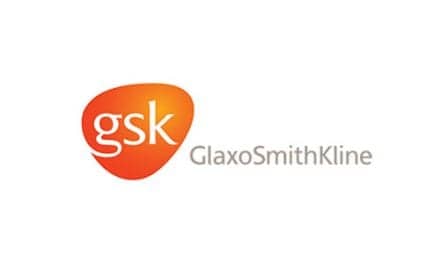Respivant Sciences has dosed the first patient in the SCENIC trial, a Phase 2b study of RVT-1601 for the treatment of persistent cough in patients with idiopathic pulmonary fibrosis (IPF).
RVT-1601 is a proprietary inhalation formulation of a mast cell stabilizer with pleiotropic immune modulating activity delivered directly to the lungs via a proprietary electronic nebulizer device.
“The majority of people with IPF suffer from a persistent, hard-to-treat cough that can be physically and psychologically debilitating,” said Bill Gerhart, CEO of Respivant Sciences. “The need for new medicines that can improve the quality of life of IPF patients is as important to patients as the effort to slow or stop progression of the underlying disease. We’re hopeful the results from our SCENIC trial will confirm and build upon the positive results from our previously conducted Phase 2a clinical trial.”
IPF is a progressive lung disease with no known cure and a median time to death or transplant of 3 to 5 years. Approximately 130,000 adults in the United States and as many as five million adults worldwide are believed to have IPF. An estimated 75% of people with IPF experience a persistent, hard-to-treat, dry chronic cough, which for many can be the single most debilitating aspect of this disease.
A 2015 FDA report entitled “The Voice of the Patient, Idiopathic Pulmonary Fibrosis” identifies severe coughing as one of the most prevalent and burdensome symptoms of the disease, with patients describing coughing fits that can be prolonged, uncontrollable, and violent, leading to pain, exhaustion and the inability to breathe.
“Cough is a frequent and often devastating symptom for patients suffering from IPF. There are no therapies approved specifically for IPF cough, and therapies otherwise available off-label typically do not provide relief of cough for these patients,” said Fernando Martinez, Chief of the Division of Pulmonary and Critical Care Medicine at Weill Cornell Medicine and New York-Presbyterian Weill Cornell Medical Center. “As such, promising new treatments targeting this difficult problem are urgently required. The assessment of a new therapy for this condition will be enthusiastically welcomed by both patients and clinicians.”
In a previous Phase 2a clinical trial in 24 patients with IPF cough, RVT-1601 was well tolerated and produced a statistically significant and clinically meaningful reduction in cough frequency3. SCENIC is a 180-patient Phase 2b trial of RVT-1601 being conducted at clinical sites in the U.S., Canada, and Europe that is now enrolling qualifying patients. Three different doses of RVT-1601 will be compared to placebo after 12 weeks of dosing. The objective primary endpoint is the change in 24-hour cough frequency vs. placebo as measured by a cough monitor. Secondary endpoints include patient reported outcomes such as change in cough-related quality of life and cough severity. Following the double-blind treatment period, all enrolled patients will participate in a 12-week open-label treatment period on RVT-1601. For more information, please visit www.clinicaltrials.gov.
Respivant also announced the launch of a new website – IPFCough.com – designed to be a resource for IPF patients and their caregivers, as well as to increase awareness of the impact of cough on IPF patients. IPF patients naturally experience stress and anxiety about their terminal diagnosis, but many patients are as distressed about the impact their unrelenting cough has on their lives. IPFCough.com will be a valuable resource for IPF patients seeking information, support, and help with their cough. For more information, please visit www.IPFCough.com.










